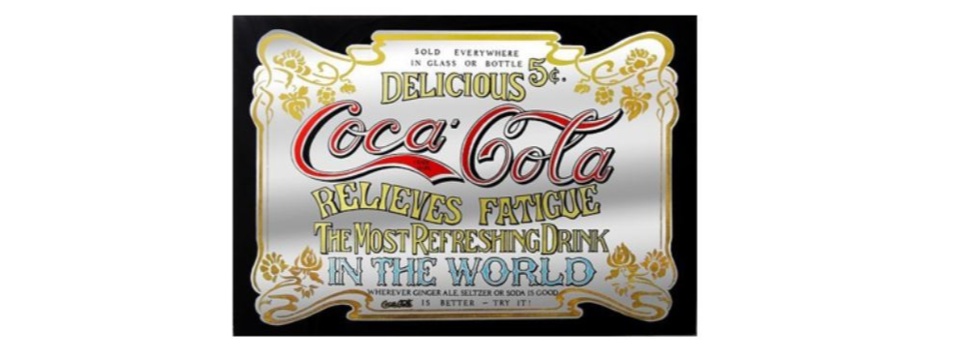Coca-Cola and cocaine - rumor or truth?
News News blog
The name Coca-Cola is derived from the original ingredients coca leaves and cola nut, which are no longer used. - But did Coca-Cola really contain cocaine in the past?

Coca-Cola was invented in 1886 by John Stith Pemberton, who wanted to make a syrup that would relieve headaches. He added coca leaves to the syrup and the resulting energy boost was partly responsible for the drink's rising popularity.
Coca-Cola was initially promoted as a medicine (against headaches and fatigue, among other things) and was initially sold by the glass in the soda bars in pharmacies that were springing up at the time. The heavily advertised drink gained more and more followers, who, however, also wanted to drink it when they were not sick. As a result, Coca-Cola was advertised as a soft drink from 1905.
Cocaine use was widespread and legal in Europe in the last third of the 19th century. From 1879, cocaine was used to treat morphine addiction, the same year cocaine's analgesic effect became known. The drug manufacturer Merck in Darmstadt produced cocaine commercially. However, the danger of the substance was only gradually recognized - it was not until 1885 that the first concerns about health problems and deaths from cocaine were voiced.
There has been much speculation about the actual cocaine content of Coca-Cola. According to one prescription, one glass contained 8.45 milligrams of cocaine, with the typical snorted dose being 20 to 30 milligrams and orally ingested cocaine having a weaker effect. In 2006, on the other hand, Viennese pharmacist Wilhelm Fleischhacker claimed that as late as 1903, a liter of Coca-Cola contained about 250 milligrams of cocaine.
As early as 1906, however, Coca-Cola is said to have contained no cocaine anymore.
In 1914, the addition of cocaine to beverages and over-the-counter medicines was banned in the USA, and strict narcotics regulations were also imposed for cocaine in European countries.
In 1922, consumption of the drug was banned completely in the U.S., and in Germany around 1930.
Incidentally, in the USA Coca-Cola is also marketed under the former nickname "Coke," which colloquially also stands for cocaine - perhaps as a reminiscence of earlier times.....










